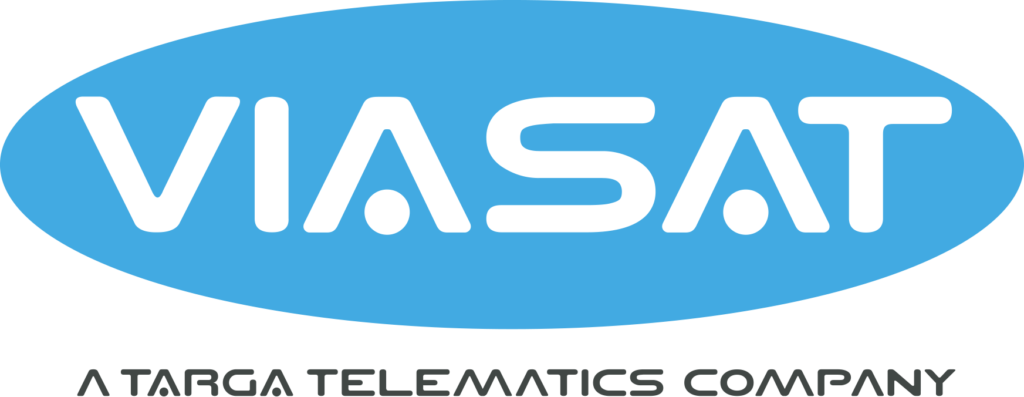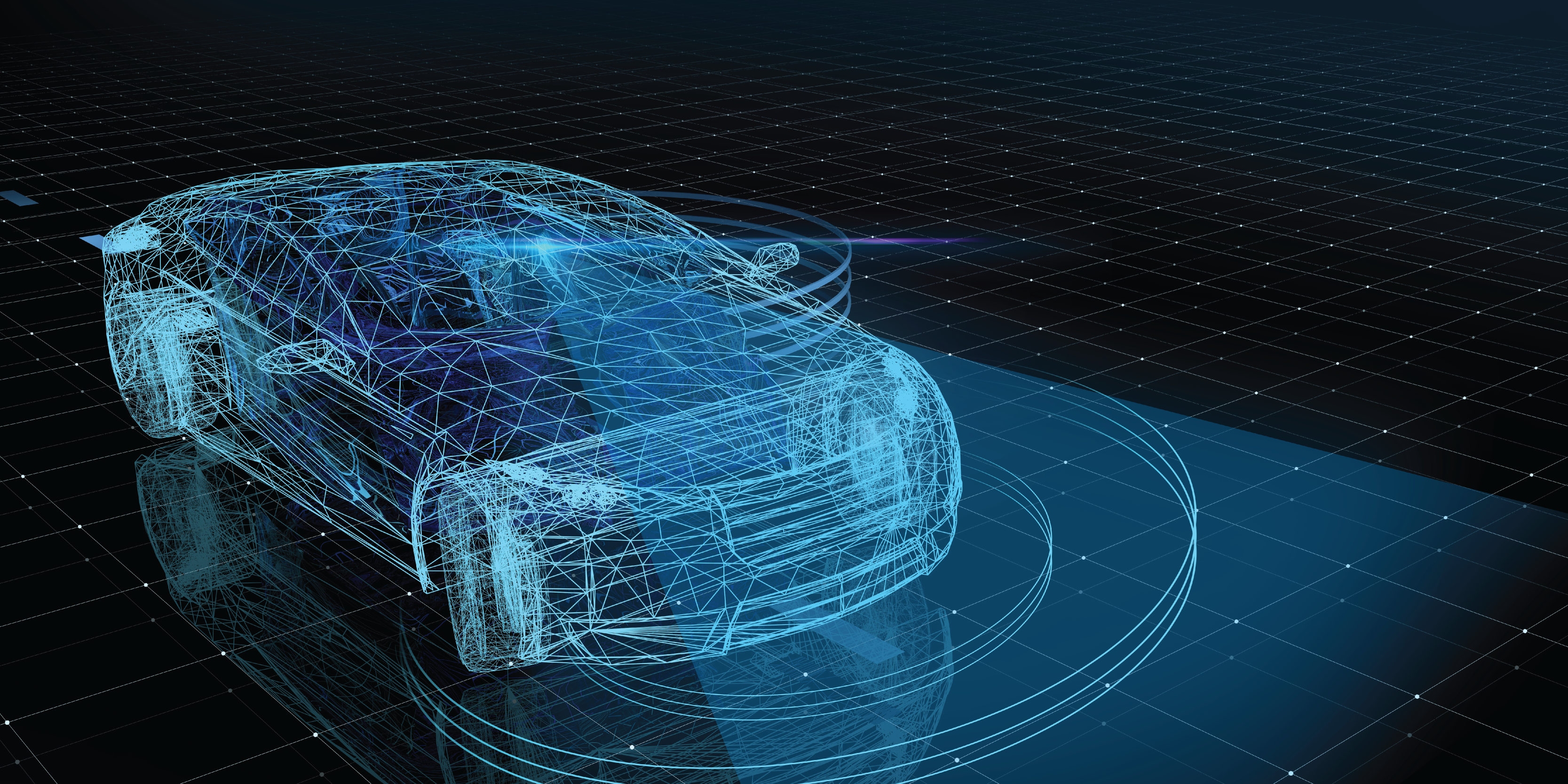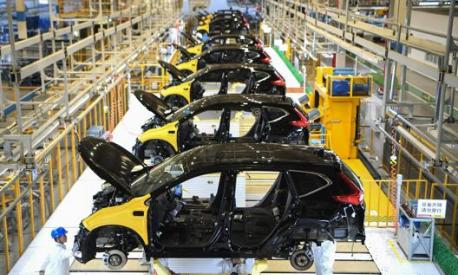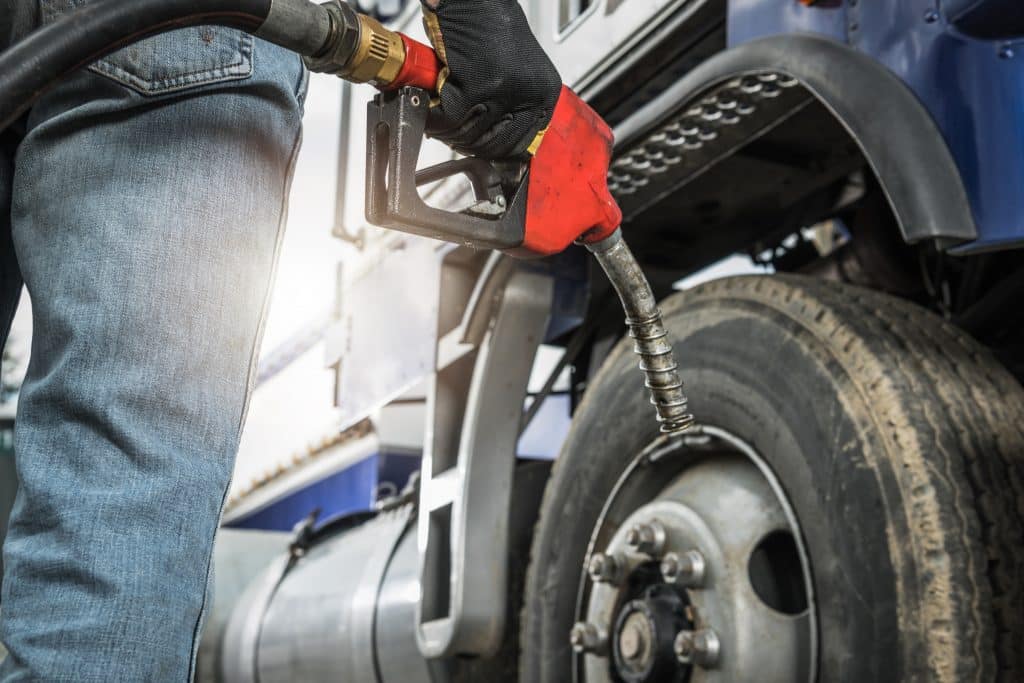In 2022, the Connected Car & Mobility market in Italy reached a value of 2.5 billion euros, +16% compared to 2021. A result was achieved mainly, thanks to connected car solutions (1.4 billion euros, +10% in one year), Advanced Driver Assistance Systems (ADAS), integrated into new models (740 million euros, +16%), and Smart Mobility solutions in cities, primarily for parking management and sharing mobility (340 million euros, +48%). The diffusion of connected cars is also growing: at the end of 2022 there were 19.7 million in our country, one out of every two cars in the circulating fleet (50%), 1 in every 3 inhabitants. Almost unexpected numbers if we think of the many issues that plague the Automotive sector today.
These are some of the data presented recently by the Connected Car & Mobility Observatory of the School of Management of the Politecnico di Milano, which highlights how technological evolution has and will increasingly play a key role in enabling companies to continue
Solutions
The most popular ones are GPS/GPRS boxes for tracking and recording driving parameters for insurance purposes (10 million, +4% compared to 2021), which have been on the market for many years now. But growth is mainly driven by natively connected cars via SIM (4.3 million, +21%). At the same time, the maturation process of the smart car solutions offer continues, with more and more companies able to collect large amounts of data from vehicles, creating a direct impact on market numbers: services reach 480 million, +20% compared to 2021.
New regulations will then be an important driver of growth: the requirement from 2024 to integrate specific ADAS within all newly registered cars and, from 2035, to register only zero-emission vehicles.
Consumer perspective
The percentage of Italian consumers who own a car with at least one smart feature is growing (43 per cent in 2022, up 40 per cent from 2021). Satisfaction is mainly related to comfort and safety, but also to the reduced cost of insurance. However, current solutions are still considered complex to set up and manage and continue to be too invasive. The most ‘tech-savvy’ are the under-30s, while 63% of the over-60s do not use these tools regularly. A problem, this, that is not only Italian if it is true that a study by Hyundai UK reveals that more than two-thirds of British motorists feel overwhelmed by technology in their car and 40 per cent do not use it.
What is certain is that connectivity is no longer an option: by the end of 2022, one in two Italians were inclined to use a self-driving car in the future. We are therefore witnessing a real revolution that will still see Viasat (now part of Targa Telematics) playing a leading role in the coming years, as it has been in the past, in the fields of innovation, digitization, and the provision of increasingly high-performance IoT telematics solutions. A wide-ranging offer that combines, traditional car protection features, assistance, and safety services to experience driving in total serenity.




